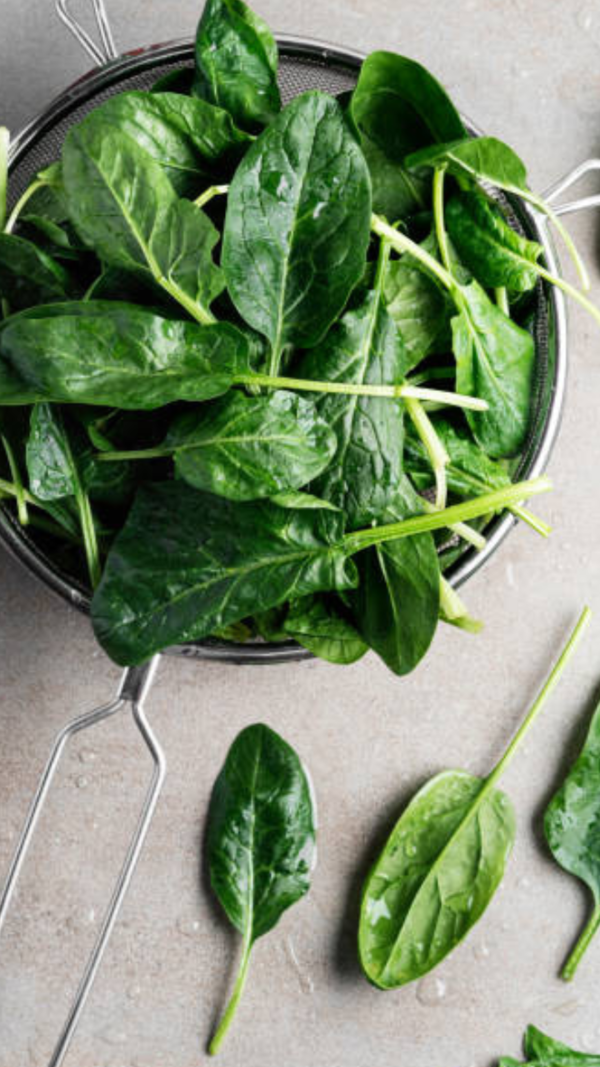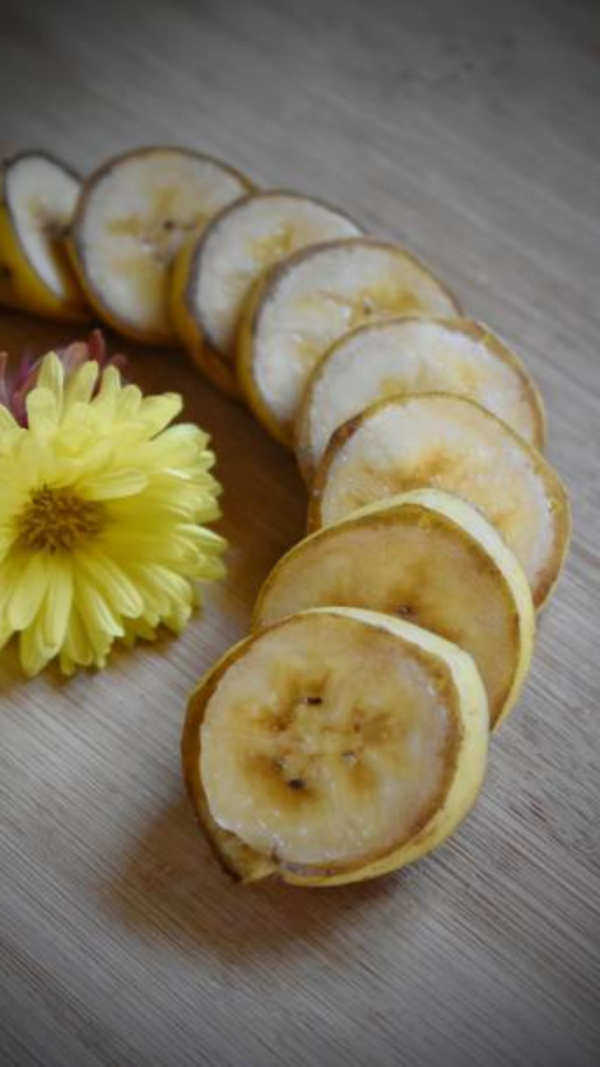These 4 reasons will compel you to add Mango leaf tea to the daily diet

These 4 reasons will compel you to add mango leaf tea to your daily diet
Summer is here, and it's that time of the year when mango lovers leave no stone unturned to rejoice in their favorite fruit. While most of us love gorging on mangoes, we often end up ignoring the leaves of the popular fruit, but much like the fruit, its leaves are equally nutritious, so much so that they have been used in several traditional medicines. Here’s all you need to know about mango leaves and what happens when you drink this tea daily.

Why mango leaves?
There’s no denying that mango leaves are often used in Indian culture and rituals, but not much has been spoken about these leaves that contain ample nutrition and potent properties that help in healing several ailments due to their strong medicinal properties that have been used in several traditional remedies. Interestingly, brewing these leaves into a tea is one of the simplest ways to unlock their health benefits. Here are some simple reasons to start sipping mango leaf tea daily.

What makes mango leaf so potent?
Mango leaves are rich in bioactive compounds like mangiferin, quercetin, and catechins, which have powerful antioxidant and anti-inflammatory properties. They also contain vitamins A, B, and C, along with minerals such as potassium, magnesium, and calcium. These nutrients support overall wellness, helping to regulate blood sugar, improve digestion, strengthen immunity, and protect against oxidative stress.

Blood sugar control
Mango leaves contain tannins and anthocyanins, which help improve insulin production and glucose distribution in the body. Regular consumption of mango leaf tea may support blood sugar regulation, making it especially beneficial for people with prediabetes or type 2 diabetes. Drinking it on an empty stomach in the morning can help manage sugar spikes throughout the day.

Boosts heart health
Rich in antioxidants like quercetin and mangiferin, mango leaves help reduce oxidative stress and improve circulation. These compounds can lower bad cholesterol (LDL), support artery health, and regulate blood pressure. A daily cup of mango leaf tea may help strengthen the heart and reduce the risk of cardiovascular issues over time.

Promotes respiratory wellness
Traditionally used in Ayurvedic medicine, mango leaves are known for their effectiveness in treating respiratory issues such as asthma, bronchitis, and cold-related congestion. The tea acts as a natural expectorant, helping to loosen mucus and soothe the airways. It’s especially comforting when consumed warm during allergy seasons or cold weather.

Aids digestion
Mango leaf tea supports liver health and promotes the breakdown of fats, which can improve digestion and metabolism. It’s also mildly diuretic, helping to flush out toxins and reduce bloating. A cup after meals can aid in smoother digestion and help maintain a cleaner gut.

How to make Mango Leaf Tea
Wash 4–5 young, tender mango leaves.
Boil them in 1.5–2 cups of water for about 10 minutes.
Let the tea steep for another 5 minutes with the lid on.
Strain and enjoy warm, optionally adding a slice of lemon or a drop of honey.
Note: There’s no denying that this flavorful tea is generally safe for most people, but if you suffer from underlying health conditions, this drink may impact health conditions. Thus, it is best to seek medical advice before adding this drink to the diet.








